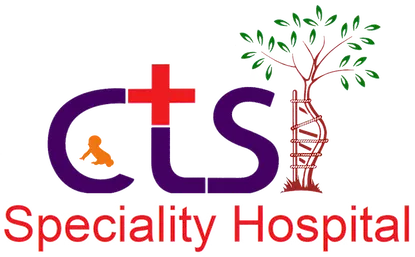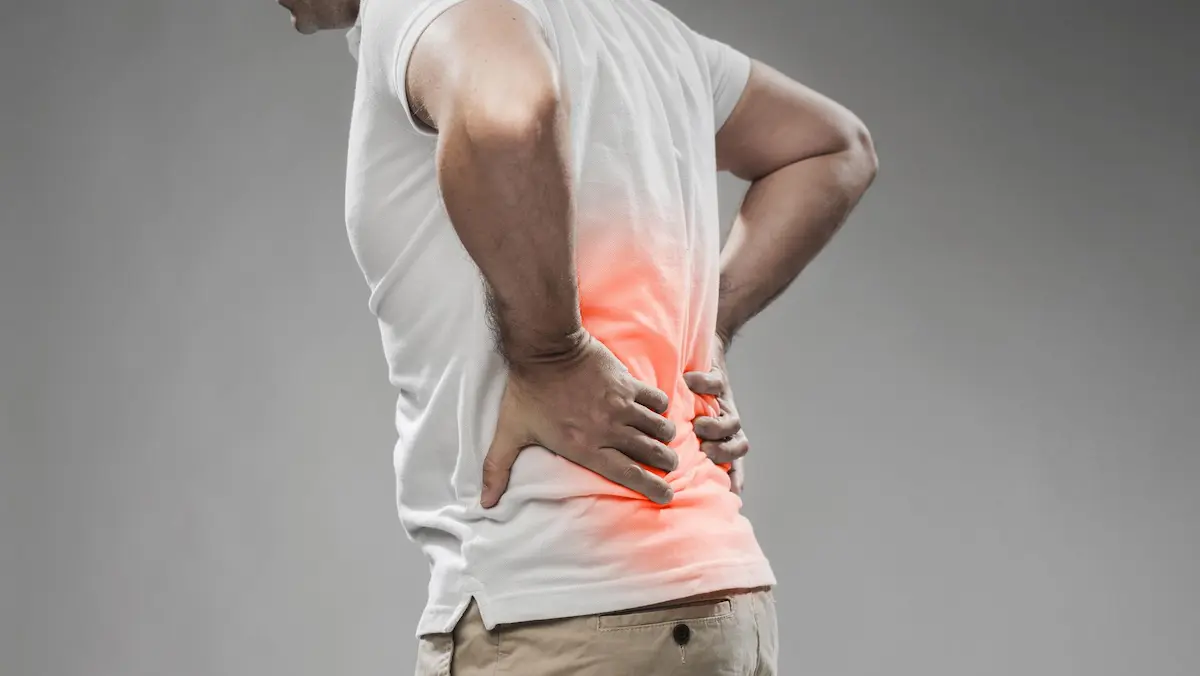Hip Osteoarthritis Treatment in Chennai
The development of hip osteoarthritis (OA) occurs due to various factors, primarily involving the gradual wear and tear of the hip joint over time. Here’s how it occurs leading to hip osteoarthritis treatment in Chennai:
Cartilage Degeneration: The hip joint is a ball-and-socket joint, with the rounded head of the femur (thigh bone) fitting into the acetabulum (socket) of the pelvis. Over the years, the smooth cartilage lining these joint surfaces can deteriorate. Cartilage acts as a cushion and helps the joint move smoothly. When it wears away, the bones in the joint can rub against each other.
Lifestyle Factors: Certain occupations or activities that involve repetitive stress on the hip joint, such as heavy lifting or activities with a lot of impact, may contribute to the development of hip OA leading to the best treatment for osteoarthritis hip.
Inflammatory Conditions: Inflammatory joint conditions like rheumatoid arthritis can increase the risk of hip OA because inflammation can damage joint cartilage.
Hormonal Changes: Some research suggests that hormonal changes, such as those occurring during menopause, may affect the development of hip OA in women.
Joint Misalignment: Poor alignment of the hip joint due to genetic factors or previous injuries can lead to uneven wear on the cartilage, accelerating hip osteoarthritis over time.
Genetic Predisposition: Inherited traits can affect the quality of cartilage and bone structure in the hip joint, increasing susceptibility to osteoarthritis development.
Age-related Changes: As people age, the ability of cartilage to repair itself diminishes, making older individuals more prone to hip osteoarthritis due to cumulative joint damage.
If you experience symptoms relating to hip osteoarthritis, getting the best hip osteoarthritis treatment in Chennai would be of great help. Usually, the hip osteoarthritis symptoms can vary in intensity but often include:
Hip pain: Typically felt in the groin, buttocks, or thigh, which may worsen with activity.
Stiffness: Particularly in the morning or following periods of inactivity.
Reduced range of motion: Difficulty in moving the hip joint, including walking, climbing stairs, or bending.
Swelling: The affected hip may become swollen or inflamed.
Clicking or grinding: Some people may experience the hip osteoarthritis symptoms like clicking or grinding sensations in the hip joint.
Nighttime discomfort: Hip osteoarthritis can disrupt sleep due to increased pain when lying down.
Difficulty in sitting: Prolonged sitting can exacerbate hip stiffness and discomfort.
Tenderness: The hip joint may feel tender to the touch, especially during flare-ups.
Limited flexibility: Activities like putting on socks or shoes may become challenging.
Warmth: The affected hip may feel warm to the touch due to inflammation.
Pain referral: Hip osteoarthritis pain can radiate to the knee or lower back.
Instability: Some individuals may experience a sensation of hip joint instability or giving way.
Difficulty in weight-bearing: Pain and stiffness can make it challenging to put weight on the affected hip joint.
While cartilage degeneration, lifestyle factors, inflammatory conditions, and hormonal changes are known risk factors for hip osteoarthritis, several other factors can contribute to its development leading to hip osteoarthritis treatment in Chennai:
Age: Hip osteoarthritis is more common in older adults, as the wear and tear on the joint over time can lead to cartilage breakdown.
Genetics: Certain individuals may possess a genetic predisposition to the development of osteoarthritis.
Joint Injuries: Past injuries or trauma to the hip joint can increase the risk of developing hip OA requiring immediate hip osteoarthritis treatment.
Obesity: Excess body weight places additional stress on the hip joint, which can accelerate cartilage deterioration.
Joint Malformation: Congenital hip conditions or structural abnormalities can contribute to the development of hip osteoarthritis leading to hip osteoarthritis treatment in Chennai.
Muscle Weakness: Weak muscles around the hip can reduce joint stability, increasing wear and tear on cartilage, potentially leading to hip osteoarthritis and necessitating early hip osteoarthritis treatment in Chennai.
Poor Posture: Consistently poor posture and improper body mechanics during daily activities can contribute to hip joint stress, increasing the risk of osteoarthritis and the need for hip osteoarthritis treatment in Chennai.
Repetitive Stress: Occupations or sports involving repetitive hip movements can wear down cartilage, elevating the risk of osteoarthritis and prompting the need for timely hip osteoarthritis treatment in Chennai.
Nutritional Deficiencies: Lack of essential nutrients, like vitamin D and calcium, can weaken bones and cartilage, potentially accelerating hip osteoarthritis progression and requiring specialized hip osteoarthritis treatment in Chennai.
Importance of Early Diagnosis
Early diagnosis of hip osteoarthritis is crucial for several reasons:
Pain Management: Early intervention can help manage pain and improve the quality of life for affected individuals.
Preservation of Function: Timely hip osteoarthritis treatment in Chennai can help preserve joint function and mobility.
Preventing Complications: Left untreated, hip osteoarthritis can lead to complications such as joint deformities and disability.
Tailored Treatment: An early diagnosis allows healthcare providers to tailor treatment plans to the individual’s needs, which can be more effective.
Long-term Mobility: Early diagnosis ensures treatments that maintain long-term mobility, reducing the risk of severe movement restrictions and enhancing the ability to perform daily activities comfortably.
Reduced Healthcare Costs: Addressing hip osteoarthritis early can lead to less invasive treatments and fewer medical interventions, ultimately reducing overall healthcare costs for patients.
Improved Treatment Outcomes: Early detection allows for interventions that can slow disease progression, resulting in significantly improved treatment outcomes and a better overall prognosis.
Enhanced Quality of Life: Prompt diagnosis and appropriate management strategies can substantially enhance the quality of life, allowing individuals to remain active and independent for longer periods.
Hip Osteoarthritis Insights
Diagnosis: The best treatment for hip osteoarthritis often requires a diagnosis that mostly involves a combination of medical history, physical examination, imaging (X-rays, MRI), and sometimes joint fluid analysis.
Treatment: Treatment options for hip osteoarthritis treatment in Chennai include lifestyle modifications (weight management and exercise), pain management (medications and injections), physical therapy, and, in severe cases, surgery (hip replacement).
Management: Managing hip osteoarthritis is a long-term process, and patients may need ongoing care to maintain their joint function and quality of life.
Prevention: Preventing hip osteoarthritis involves maintaining a healthy weight, staying physically active with low-impact exercises like swimming or cycling, and avoiding excessive joint stress. Early intervention and regular check-ups can also help manage symptoms before they worsen.
Alternative Therapies: Alternative therapies for hip osteoarthritis, such as acupuncture, yoga, and tai chi, can help alleviate pain and improve joint flexibility. These methods, combined with conventional treatments, offer a holistic approach to managing osteoarthritis symptoms.
Dietary Considerations: A balanced diet rich in anti-inflammatory foods, such as fruits, vegetables, omega-3 fatty acids, and whole grains, can support joint health and reduce osteoarthritis symptoms. Nutritional supplements like glucosamine and chondroitin may also offer relief.

